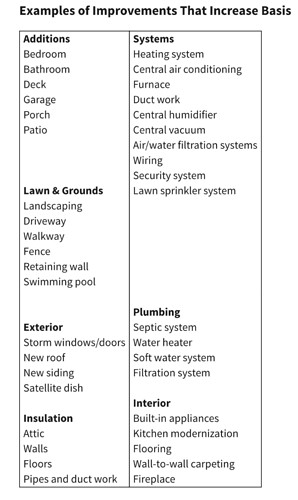It’s not a problem if you, the one looking after her finances since she’s about to go into the nursing home and isn’t paying her own bills these days, arranges for her to borrow from a HELOC or reverse mortgage or you just front her any living expenses she needs since you’re getting the inheritance soon enough at that point.
Then all those problems of poor or missing ancient bookkeeping go away when she does. I’ve been in the situation to try to unravel these types of situations for very old cost bases, and as you can imagine I have enough stock market knowledge and friends with Bloomberg’s and so forth I can put together a decent estimate that would pass muster for the IRS. But most people can’t and this step-up rule is saying their families shouldn’t pay a lot of extra tax just because they don’t have a smart, stock trading grandson.
